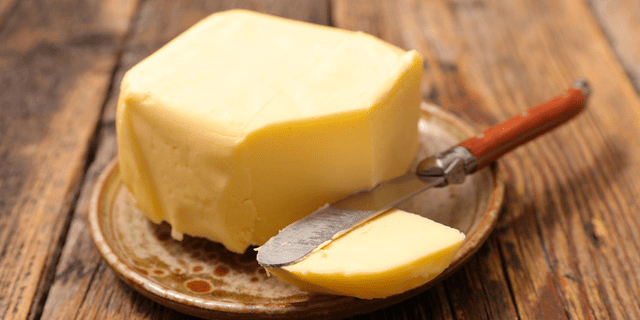If you feel you haven’t been yourself lately or you’re struggling with depression, anything that can help is always a plus. Depression is a severe mood disorder, so it’s always essential to consult with a doctor if you suspect you might suffer from it. As with most issues, there are factors in our life that can improve or worsen our mood as well and food it one them.
Do you ever notice how things that make you feel good quick, end up making you feel worse in the long run? (We’re looking at you, midnight snacking). What we eat can have the same effect. We’ve gathered up several foods you might want to avoid that have been linked to depression.
Refined Grains
We know, we know — pure grim news. Refined grains are the comfort food go-to’s like pasta (refined, not whole grain), white rice, and white flour. They’re staples in the American diet, too. The problem with these otherwise beloved ingredients? Several extensive studies have showed eating them is linked to depression.
A comprehensive study of over 70,000 post-menopausal women tracked their diet over three years and the chance they would develop depression. They were all depression-free at the start of the study. Refined grains are high on what’s called the GI index, or the Glycemic Index; these foods cause blood sugar to spike. The study found that women who ate a diet high in refined grains were more likely to end up depressed.
Is the news that our favorite comfort foods are depressing also depressing in and of itself? Yes, though not as scientifically proven. No need to upend your entire diet; consider the whole wheat option the next time you’re making pasta and try a brown rice instead of white rice. The extra fiber in brown rice is why brown rice is lower on the GI index.
Processed and Red Meat
Processed meats are things like beef jerky and bacon. The “processed” part of their title comes from manufacturers adding chemicals to the meat to preserve it. You might love your bacon, but bacon has been linked to depression and other adverse health conditions.
Processed meat often lacks macronutrients and is high in fat. The chemicals that preserve it can also cause inflammation in the body, so it’s best to choose lean meats and small portions. Try to buy organic and maybe experiment with that veggie bacon in your grocery store. You can also substitute fish for meat. Fatty acids found in fish may protect against depression. Serious about avoiding risky foods? Try going vegetarian for a day out of the week — you might actually like it.
Sweets
If you find yourself feeling low-energy or just plain down, you might reach for something sweet in a treat yo’ self moment. You’ll love it in the moment, but unfortunately, these treats don’t treat your mood as well as your taste buds.
The upset to your mood comes when you crash from a blood sugar spike and feel worse later. Sugary foods are also linked to inflammation in the body, and that inflammation is linked to depression.
Hey, no one is saying you can’t have that treat yo’ self moment now and then — just avoid using the dessert menu as a pick-me-up too often. You can also look for slightly healthier sweet things like lightly sweetened nuts, dark chocolate, and soy ice cream.
Butter
Many studies link diets high in fat to depression, and butter is the pinnacle of fatty foods, as it’s high in saturated fat. For a lengthy list of reasons, watching your butter intake is helpful, including your mood. Butter can often be snuck in where we don’t think to consider it, like in baked items, so check that ingredients label.
While some dietary changes are no replacement for medication or other medical treatments, making sure we don’t increase things in our daily life that don’t help us in our efforts at better mental health is useful.




































